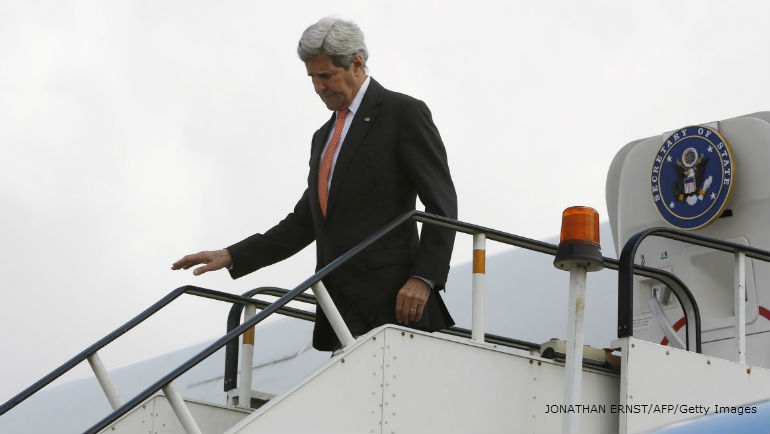-
Tips for becoming a good boxer - November 6, 2020
-
7 expert tips for making your hens night a memorable one - November 6, 2020
-
5 reasons to host your Christmas party on a cruise boat - November 6, 2020
-
What to do when you’re charged with a crime - November 6, 2020
-
Should you get one or multiple dogs? Here’s all you need to know - November 3, 2020
-
A Guide: How to Build Your Very Own Magic Mirror - February 14, 2019
-
Our Top Inspirational Baseball Stars - November 24, 2018
-
Five Tech Tools That Will Help You Turn Your Blog into a Business - November 24, 2018
-
How to Indulge on Vacation without Expanding Your Waist - November 9, 2018
-
5 Strategies for Businesses to Appeal to Today’s Increasingly Mobile-Crazed Customers - November 9, 2018
After Iraq, Kerry confronts similar problems in Afghanistan
Noting the dates, Andrew Wilder, an Afghanistan expert at the United States Institute for Peace think tank, said “the last thing we need is a big political crisis calling into question the legitimacy of the national unity government in September”.
Advertisement
Kerry was set to meet Afghan President Ashraf Ghani and Chief Executive Abdullah Abdullah to urge the two rivals to end “factional divisions”.
The challenges in Afghanistan are not unlike those Kerry encountered Friday in Iraq.
Hopes for peace and economic stability were high following the 2014 presidential election, which marked the first democratic transition of power following the departure of Hamid Karzai who had ruled the country for nearly a decade. Neither has panned out. The unwieldy arrangement, which Kerry helped to forge, has left interim ministers in critical positions while the USA ally struggles to confront lawlessness, corruption and the Taliban’s resilient and perhaps expanding insurgency. Security vacuums in each threaten the U.S.
Despite Obama’s pledges to end both wars, American troops can not just leave.
Kerry repeated an offer of peace talks with the Taliban and called on Afghanistan’s fractious politicians to work together.
In early March, the Afghan Taliban announced they would not participate in talks with Kabul, dashing the Afghan government’s hopes of settling the war that has lasted for more than 14 years and claimed tens of thousands of lives.
After nearly two years, Mr Ghani and Mr Abdullah have failed to set aside their rivalries.
The leaders also are seen as pandering to different constituencies: in Ghani’s case, the majority ethnic Pashtoons, and in Abdullah’s, the Tajiks.
The pair recently cleared their diaries for a full-day meeting to iron out differences, but gave up after only two hours, Afghan and foreign officials said.
Kerry said U.S. and Afghan officials need “to make certain that we use the time between now and the meeting in Warsaw and the meeting in Brussels to make sure that we are putting Afghanistan’s best foot forward”.
The country’s defense minister and intelligence chief are all acting in their posts because they haven’t been confirmed by parliament, and several other ministers have resigned.
National unity has been an elusive goal, however, and Afghanistan’s people appear to be deeply dissatisfied with their government. The US now has 9,800 troops in the country in a training and advisory role, although they also conduct counter-terrorism support missions. The much-hyped peace process has been all but dead for nearly a year.
Advertisement
Meanwhile, the resurgent Taliban under their new leader Mullah Akhtar Mansour said the movement is preparing for “decisive strikes” against Afghan government forces ahead of the spring fighting season.





























